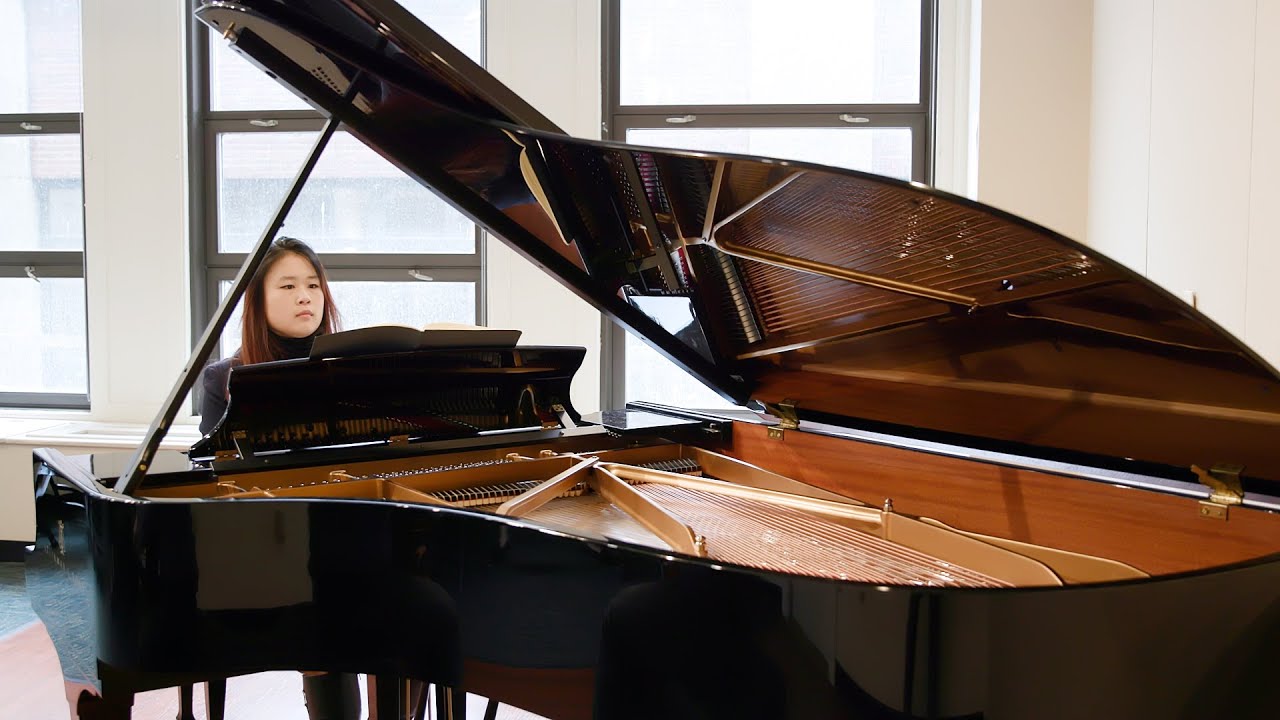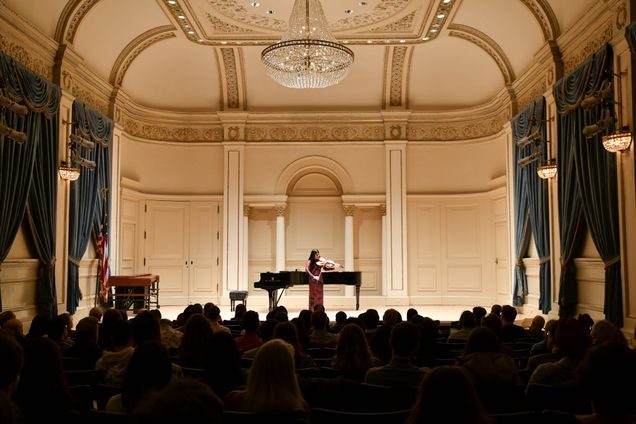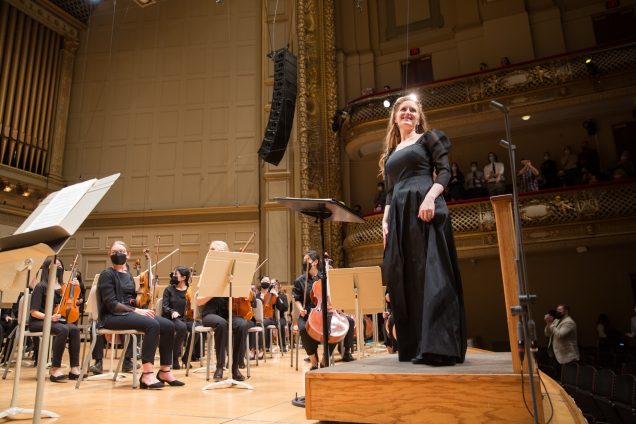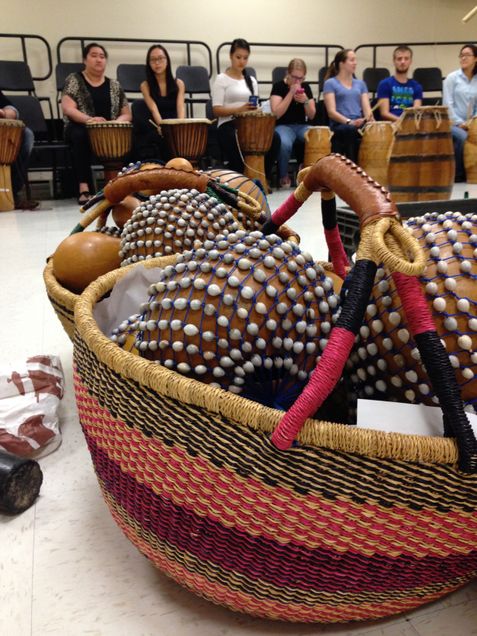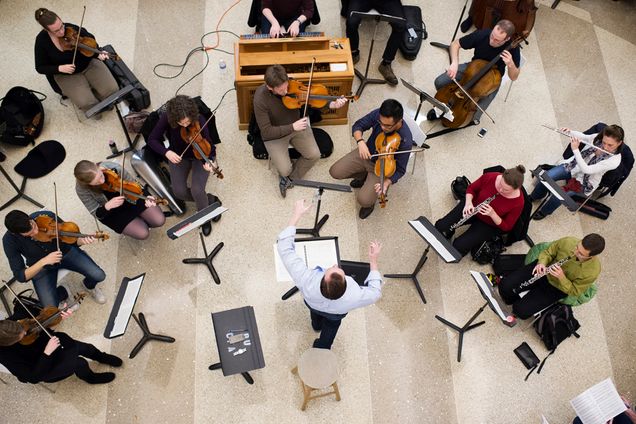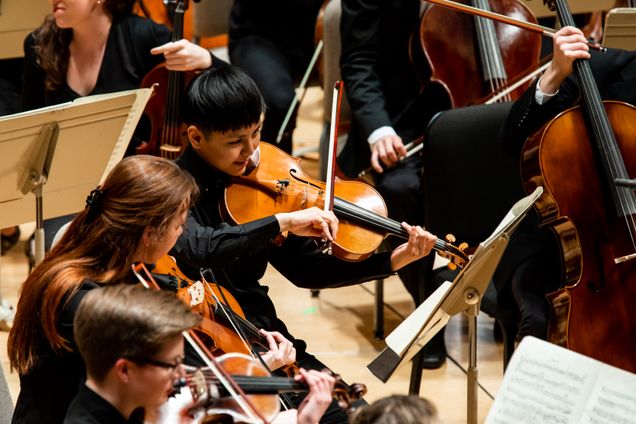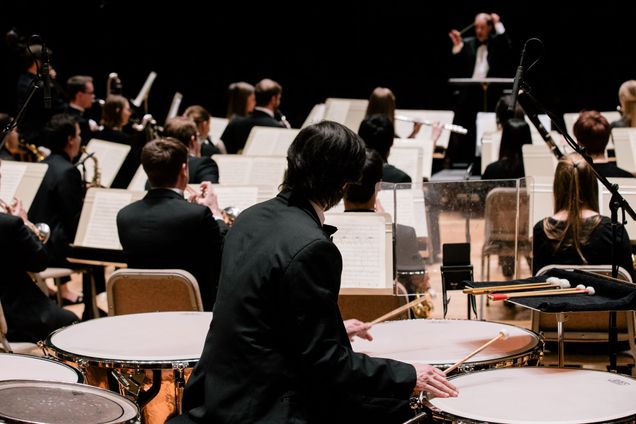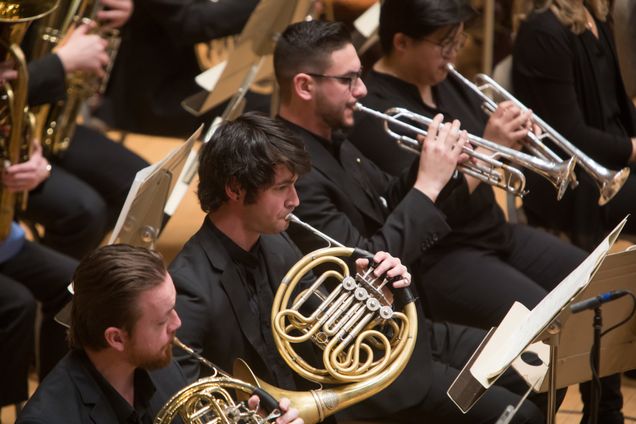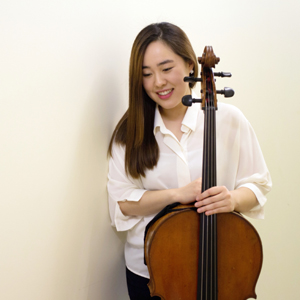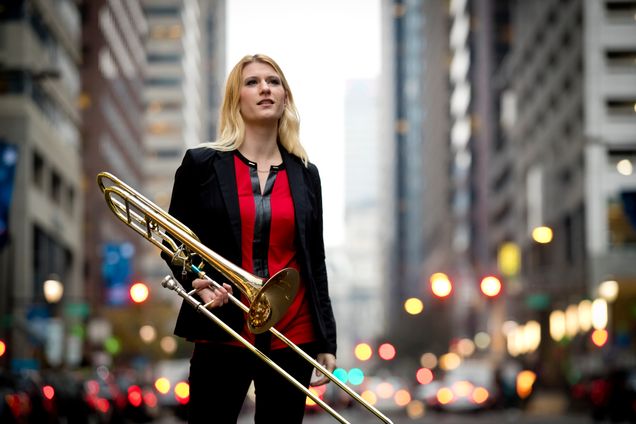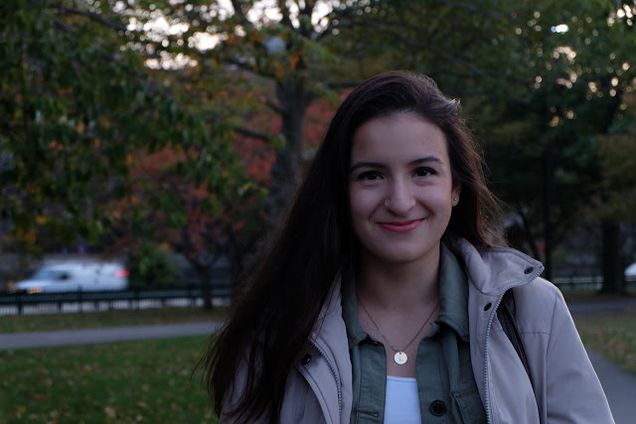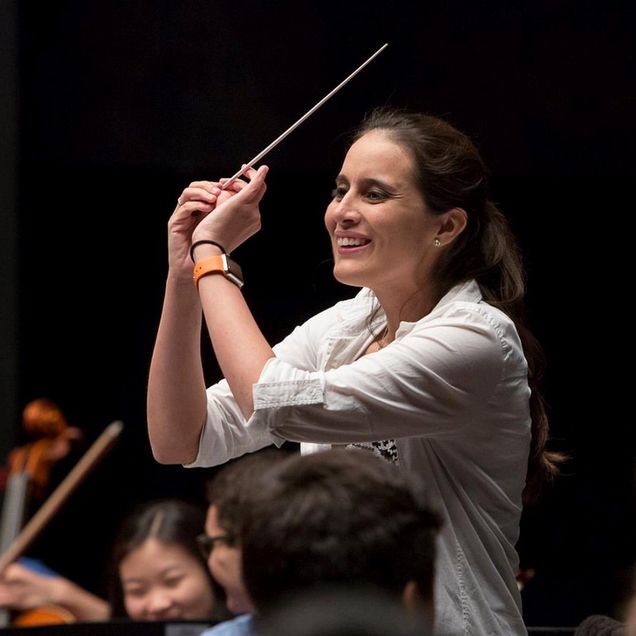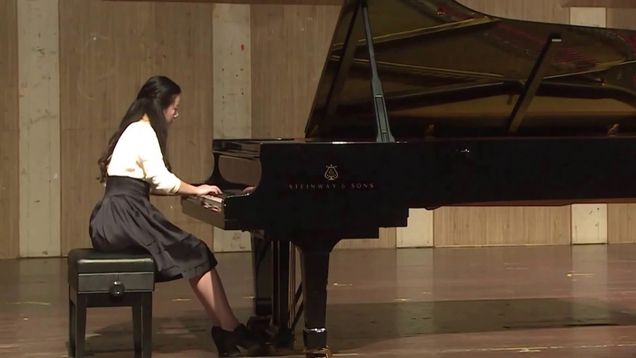The Doctor of Musical Arts (DMA) in Performance at BU School of Music is a advanced degree program for graduate students committed to reaching the highest professional standards in performance practice as well academic studies. The DMA in Performance is offered in two tracks: dissertation track and recital track. With expert faculty including 20 members of the Boston Symphony Orchestra, BU School of Music is a community of academically and artistically extraordinary musicians within a major research University located in one of the great music capitals of the U.S. – Boston. Experience an exceptional 3:1 student to faculty ratio with cultural opportunities that are nearly limitless.
The Performance program is offered in the following areas: Voice, Strings, Keyboard (piano, collaborative piano, organ), Woodwinds, Brass, Percussion.
With your DMA in Performance, you will attain industry standards of preparation for a career as a composer, performer, scholar, or teacher. This is your opportunity join a global network of BU graduates who are represented in most of the major symphony orchestras nationally and many around the world, including, the Boston Symphony Orchestra, the New York Philharmonic, The Chicago Symphony, and the Los Angeles Philharmonic. BU’s prestigious group of alumni have won Tonys, Grammys, Golden Globes, Oscars, Emmys, and Screen Actor Guild Awards. Students are assigned a faculty member for individualized instruction in preparation to enter the field of music.
celebrating 150 years of bu school of music
Curriculum requirements for the DMA in Performance program can be found on the Academic Bulletin.
Program of Study
The Doctor of Musical Arts (DMA) in Performance degree is offered in the following areas:
This immersive experience is centered around individualized instruction with an assigned faculty member throughout the student’s degree program. The faculty is comprised of distinguished scholars and musicians, including 20 members of the Boston Symphony Orchestra (BSO). The faculty-student ratio is 3-1.
In addition to being central to the Boston music scene where performance opportunities abound, students join an international network of BU alumni performers, administrators, teachers, and scholars—with players in most of the world’s major orchestras.
Reach new levels of artistry and knowledge. With graduate research opportunities, you can explore your potential not only as an artist, but as a leader, entrepreneur, advocate, and thinker.
All accepted students are considered for merit-based scholarships. Scholarships range from partial to full-tuition grants.
Residency Requirements and Duration of Study
At least two years of study beyond the master’s degree is needed to earn the doctoral degree. All degree requirements must be completed within seven years of the date of matriculation. Any extension of time must be approved by the Graduate Studies Committee.
Every doctoral candidate must be enrolled as a full-time student for at least one academic year. Three 3-credit courses per semester satisfy the residence requirement. With the approval of the Graduate Studies Committee, the residence requirement may also be fulfilled by enrollment in Summer Term 1 and 2, combined with enrollment in either the preceding Spring Semester or the following Fall Semester.
Proficiency Examinations
Upon entering the School of Music, all graduate and special students must take proficiency examinations in the areas of music history and music theory for the purposes of placement and advisement. If the faculty determines that the student is deficient in either or both areas, the student will be required to take the appropriate prerequisite graduate survey courses.
The materials covered by the proficiency examinations include the following:
– Music theory, including basic harmony, ear training, form and analysis, orchestration, and counterpoint
– For music history, the student must demonstrate the ability to write well in English
Language Requirements
The minimum requirement for students in all DMA programs of study in the School of Music is reading competency in modern French, German, or Italian.
Students in the areas of historical performance, organ, and voice are required to demonstrate proficiency in two of the above languages.
In addition, voice majors must satisfactorily complete an examination in the application of the International Phonetic Alphabet to English, French, German, and Italian.
All language requirements must be fulfilled before a student takes the doctoral qualifying examinations.
Qualifying Examinations
After completing approximately 30 credits of doctoral study, students may apply to take the required doctoral qualifying examinations, which consist of written and oral examinations in music theory, music history, and the major field.
Once the student has passed an area, he or she need not take that section again even if required to retake another area of the examination. The student has three opportunities to pass in each area, including the oral. Applications to retake a portion of the examination must be made in the same manner as that described for the initial attempt. Students proceed to an oral examination in any area only after they have passed all written portions. Failure of the oral examination necessitates repetition only of the oral examination, but the student may be advised to complete specific courses, including CFA MU 719 Doctoral Proseminar in Theory, before again attempting an oral examination. Requirements for the examinations vary depending on the area of concentration.
Final Projects
Upon satisfactory completion of the qualifying examination, the student is permitted to undertake the thesis for the doctoral degree. The candidate enrolls in research and directed study courses in which the preliminary research necessary for development of a dissertation/document topic is undertaken.
Learn more about the DMA In performance

Next Steps for Applicants
The best way to determine if BU is right for you is to explore our admission requirements, financial tools, and resources to determine if the program is the right match.
Reach out to Graduate Admissions at visitSOM@bu.edu with any questions along the way or to request information. We are happy to discuss your educational interests and career goals.

